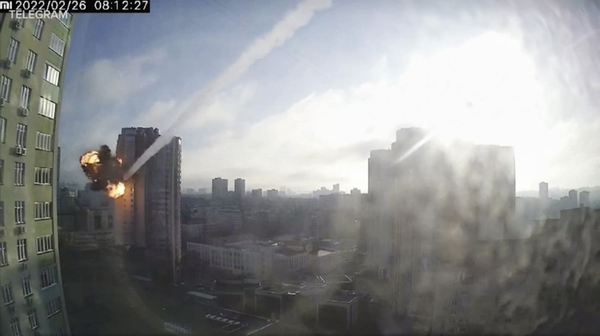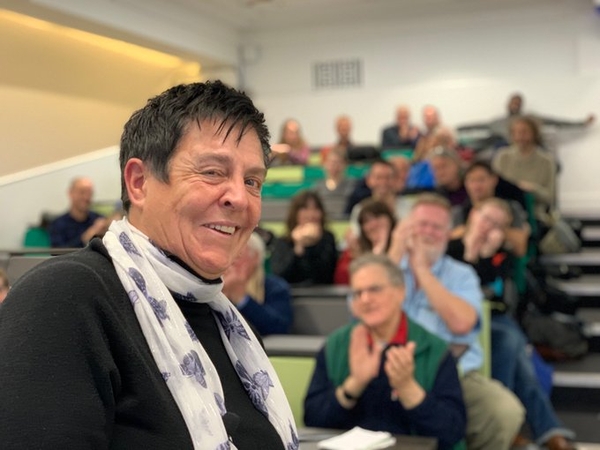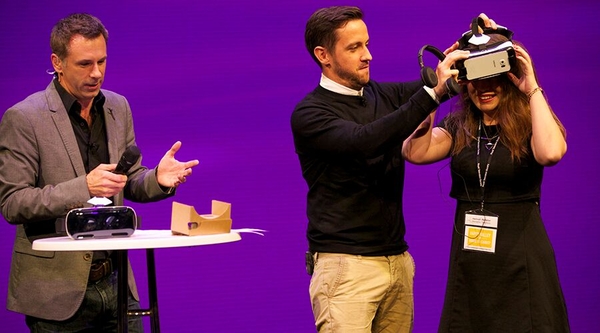The reinvention of war coverage
Pitching, in person and in Russian, at the Kremlin for an interview with President Putin was not something I ever imagined myself doing, even in the weird and wonderful world of TV news.
I was working for NBC News at the time, leading its digital operation and, having studied Russian, I was asked to join the delegation to request a one-on-one interview between the President and our lead anchor.




